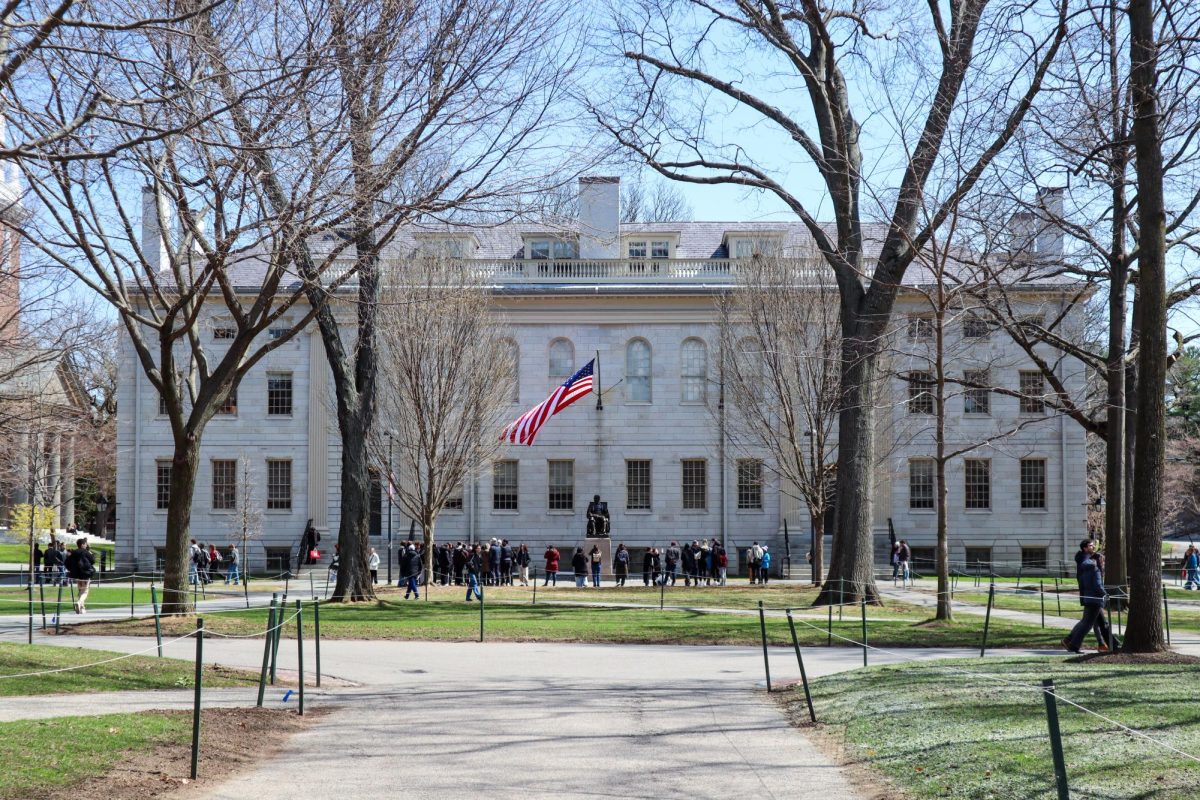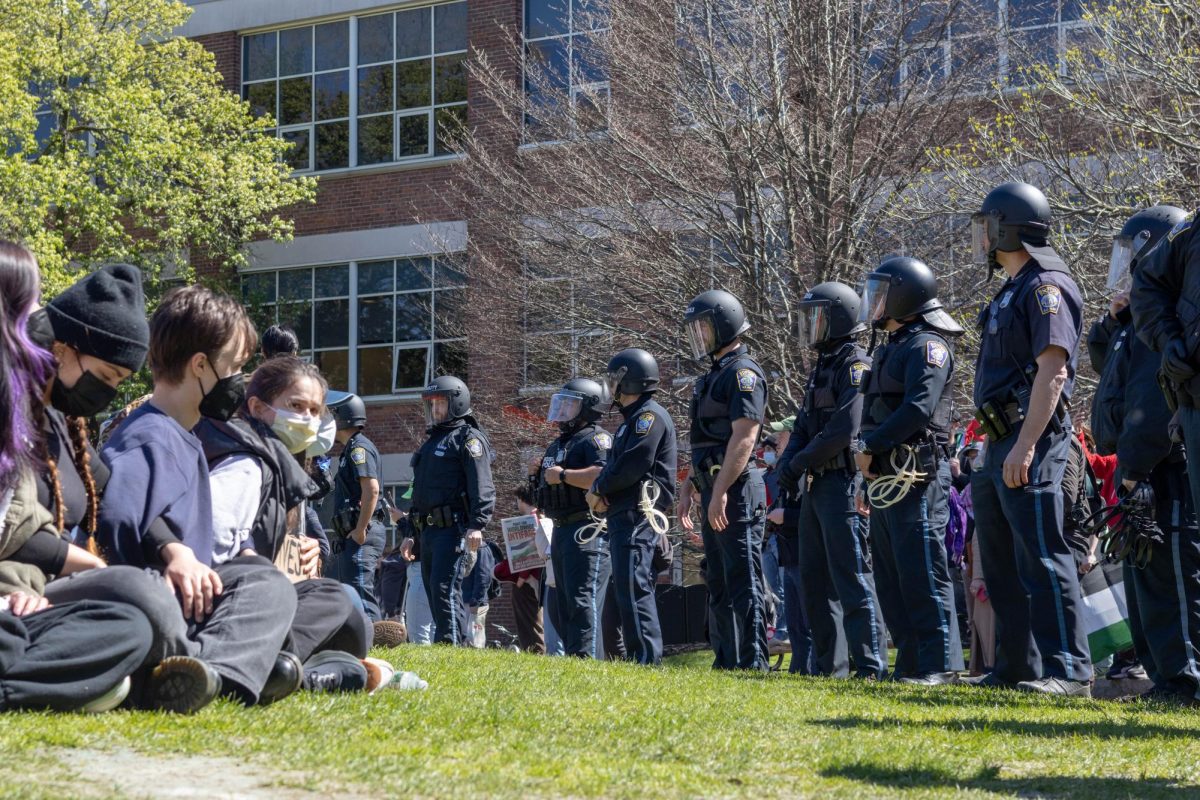My final decision to attend Northeastern centered around one thing: co-op. Like many of my peers, I realized that the opportunities co-op would give me were beyond what other schools could offer. I am a middlerworking at my first co-op, and I am floored by how much I’m learning. I often wonder, however, about how co-op affects the tone of this university. Does the environment caused by co-op further restrict students in an already structured college system? Is that additional pressure worth it?
My class had over 45,000 applicants. The intensity people gave off exceeded my expectations. Almost everyone had a good idea of what they wanted to do, where they wanted to co-op or go to grad school – what they were going to do with their life. I found it strange that freshman were talking about such things along with the awkward “So where’re you from?” and “What’s your major?”
College students typically aren’t so focused regarding their life choices thisearly on. Co-op dominates the structure at Northeastern, and since students are never more than two years away from co-op at any given time, talking about the future is incredibly common. Co-op locks students into a trajectory towards their career goals. It’s simple for those who already know exactly what they want to do. They’ve chosen their field; co-op enables them to find their niche.
Butbeing locked into a trajectory can be scary for someone less than 20years old, even if theythink they know what theywant to do. For those who come to NU undecided, co-op creates accelerated pressure for choosing a major. Fear of making the wrong choice sometimes overshadows the wonder of exploration. Students who change their major after freshman year must rush to take the necessary classes before co-op starts. Or, a student completes a co-op and realizes it’s not what they want to do. Co-op advisors say, “That’s okay! Now you know and can switch your major.” Sure, if you have another $50,000 for an additional year at school.
I’ve seen underclassmen students at NU stress about their lives as much as seniors at other universities. The additional stressors caused by co-op on top of classes, extracurriculars, finals and a social life could cause any student to crack under the pressure. At Northeastern,we are introduced to adulthood and responsibility earlier than most, and it can be difficult. I think almost everyone would agree that the experience is worth facing our uncertainties. However, more honest dialogue must occur to help students cope with these pressures in healthy ways.
As a new fall semester begins, freshmenand upperclassmen alike can appreciate what Northeastern is. Northeastern is a university full of opportunities that surpass those atother competitive schools. Its prestige – and the number of students who apply – is growing every year. The extra responsibility of co-op may add stress not typically experienced by most college students until the end of their college careers, but it’s worth it. Run with it. Take on those challenges and explore what you think you’re passionate about. Make mistakes and grow. Support each other. And of course, have fun.
–Kayla Gomes is a physical therapy major at NU.
Photo courtesy Creative Commons, Phil Whitehouse.









